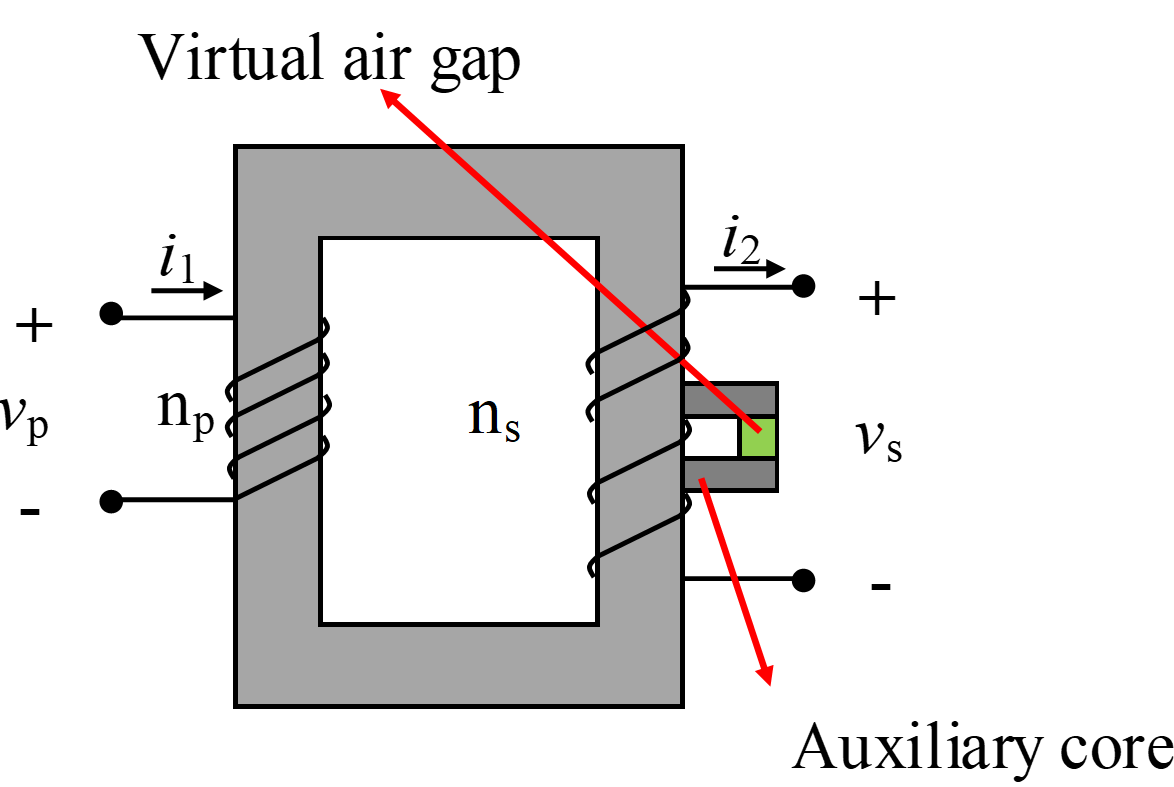Funded Projects
PowerDrive: Power Electronics Optimisation for Next Generation Electric Vehicle Components
Budget: 970000 € for KU Leuven. 6M€ for PowerDrive
Role: Coordinador
Partners: Volvo Group, Infineon, Tampere U., Chalmers U., SMA Magnetics, Rogers, SCIRE, Dublin U., and MathWorks
More info: here
VATRAF: Variable Transformer for Off-board Battery Chargers

Budget: 110000 €
Role: Coordinador
Company Project
More info: here
MIRA-ESTE: Microgrids for isolated rural areas: environmental, social, technological and economic aspects
Budget: 70000 €
Role: Coordinador
Partners: ESPE (EC)
More info: here

01/10/2018 - 30/09/2020
Currently, there is a growing interest in improving the power conversion in solar systems. Specifically, the sizing, downsizing and reconfiguration of the power stages between the solar module (or even within the module) and the load. Therefore, DC-DC and DC-AC converters need to be miniaturized without compromising the power efficiency and keeping a suitable cost for the total system. Consequently, this project seeks to develop techniques to increase the power density, through using next generation semiconductors, novel power dissipation techniques, and optimization of power converters.
11/09/2018 - 11/09/2022
Suarez Camilo - Doctoral Programme in Engineering Technology (Leuven et al) - Faculty of Engineering Technology
Today, global warming and its consequences represent a big concern for the society, in this context, in 2015 road transportation represented the 18,8 % of the total EU-28 greenhouse gas emissions . Agreements between EU countries look for reducing their emission by 80% by 2050 and the Electric vehicles (EV) are a promising alternative to obtain the decarbonisation of the Light Duty Vehicle fleet.
Recent improvements of Li-ion batteries have let the development of EVs having a range capability of hundreds of miles, which is a positive aspect for this technology massive adoption, but also implies the need of more powerful chargers to maintain or even reduce charging periods.
New standards for higher power charging levels are next to be released (2018) like CHAdeMO 2.0 and CSS 2.0 which contemplate Ultra Fast charging powers up to 400 kW and voltages up to 900 V and the industry is working to offer flexible solutions in order to anticipate upcoming higher power levels of charging and being able to offer Fast charging service to a broad type of vehicles having different power requests , as result there is trend in employing charging modules of few tens of kW capable of working in series or parallel configurations to reach higher powers and voltages.
Many different aspects define the power size of these power modules such as the target vehicle, the efficiency of the topology employed at different loads, and of course the technology of the semiconductors and magnetic materials employed but as charging powers level up the power modules increase its power too.
EV Battery management systems (BMS) determines the charging currents that must be provided by the chargers, maintaining the EV battery packs into its Safe Operation Area (SOA). Usually at low charging power levels the charging profile is composed by two stages known as constant current and constant voltage, but at high charging power levels the batteries can easily get out of the SOA region which turns the fast charging not possible at one single high current level overall the complete charging cycle, instead is necessary to decrease the current gradually according to the BMS commands, requiring the power converter to have a high efficiency over a wide range of loads which makes more clear why high power chargers are made of multiple modules.
As conclusion is possible to say that the power levels of the copositive modules of a high power charger and its modular design itself is based on the target vehicles (light vehicles) and the impossibility to charge the EV batteries at a high constant current during one charging cycle.
However, the introduction of batteries with better specifications (energy density and lower internal resistance) might have a great impact on the required power level of the modules of Ultra Fast EV chargers or even on the modular topology employed until now, even more if heavyweight vehicles are considered as targets. In this scenario power modules should reach few hundreds of kW which implies interesting challenges at the development of this power converts specially for those based on high frequency isolated topologies commonly preferred because of safety reasons.
This research proposal aims to develop a high power isolated converter for EV Ultra Fast charging in the order of hundreds of kW employing most recent semiconductor technology and evaluate its advantages against modular topologies and its possible applications in other types of electric vehicles beyond lightweight.
30/09/2019 - 30/09/2023
Lin Wei-Ren - Doctoral Programme in Engineering Technology (Leuven et al) - Faculty of Engineering Technology
Gallium nitride (GaN) material devices are considered as a promising device for next-generation power electronics due to its intrinsic properties such as high-breakdown field, high-electron mobility, low ON-resistance, and good thermal conductivity. Due to the introduction of GaN materials, applications such as power converters have obtained remarkable improvements. Therefore, the aim of this project is to address the implications of increasing the power efficiency of AC/DC and DC/DC power converters for electric vehicle charging. The research will focus on power converters using gallium nitride for charger modules intended to be used in real charging stations.
26/09/2019 - 26/09/2023
Baerts Jorne - Doctoral Programme in Engineering Technology (Leuven et al) - Faculty of Engineering Technology
The purpose of this PhD work is to develop and assess the performance of low-voltage dc networks for use in buildings and small autonomous electricity systems in the ranges of 48V and 380V dc. Thereby the focus will lie on the control and communication requirements in normal and fault conditions. The work will include design, simulation and experimental assessment in the EnergyVille living lab dc system.
01/09/2018 - 05/09/2022
Bakovasilis Apostolos - Doctoral Programme in Engineering Science (Leuven) - Faculty of Engineering Science
Photovoltaic (PV) modules yield considerable lower energy in the field than what is expected from their rated power, indicated as “Watt-peak (Wp)”. The latter is measured under “standard test conditions” but in climates like Western Europe, these are rarely met. In fact, the main energy yield losses (kWh/kWp) in these climates, can be attributed to a reduced illumination resulting in lower current, and non-uniform illumination conditions (shading, clouds, soiling, ...) leading to current mismatch in the serially connected cells inside the module. In order to maximize the power production of PV modules working under non-uniform illumination conditions, we are building advanced “smart” PV modules able to dynamically establish different non-series topologies. These modules are organized in small groups of cells (cell-strings) that can be connected each other either in series or in parallel by means of reconfiguration switches. Intra-module (local) converters are used to ensure suitable current and voltage level and allow a direct control of the operating point of the cell-string. Design and realization of such reconfigurable modules pushes beyond the current state-of-the-art. First of all, novel DC/DC converters are needed. The circuit design is challenging, since high current levels are expected due to parallel connection of cell-strings whereas a strong minimization of cost together with acceptable losses and efficiency are required. That is not achieved by commercial module- and submodule-level power converters, which are normally rated for lower current levels, namely the current of a single cell, and come with significantly higher costs. Solving this challenge will pave the way for the realization of innovative building integrated PV systems, showing a significantly higher energy yield while maintaining reasonable costs. The same applies to solar powered vehicles, where non-uniformity among PV elements is usual. Also, the field of application is not limited to photovoltaic systems. For instance, such converters may be used to implement cost-effective reconfigurable battery systems. The goal of this Ph.D. project is to design such novel DC/DC converters, to be used as local converters for reconfigurable PV modules. Both PCB-level and fully integrated solution will be explored. Also, both conventional silicon devices and wide bandgap semiconductors, such as GaN and SiC, will be considered.
